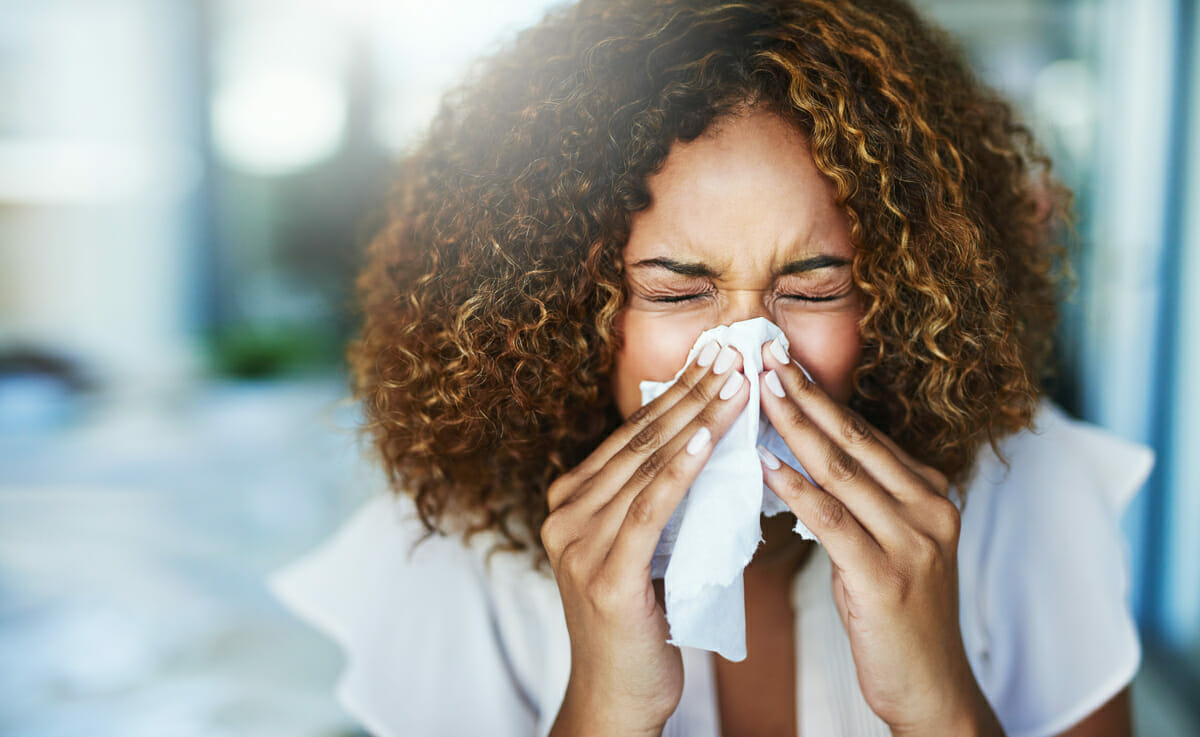As medical professionals, you know some of the best tips and tricks to reducing your risk of getting sick this holiday season. But working in a clinical environment and interacting with patients, coupled with a change in the weather, can still put you at risk. It’s worth taking a moment to remember the different ways you can prevent the spread of germs and stay healthy all the way through the holiday season.
1. Wash hands…regularly.
IN THIS ARTICLE
We’ve heard it time and time again, and it’s true: scrubbing your hands thoroughly and frequently helps restrict the spread of germs and reduce the risk of infection. Use soap and water, and lather up for 20 seconds (that’s the equivalent of singing ‘happy birthday’ twice). Pat and dry hands well. Remember that the most important times to wash hands are:
- AFTER caring for a patient
- BEFORE eating
2. Go to bed early…or take a nap if you need it.
Your body needs time to rest. If you’re overworking or burning yourself out, you are much more likely to come down with something. As your body tires out, your body’s defenses don’t work as well. If you’re unable to keep a regular work schedule and are feeling tired, take a nap to rest and recharge.
Read our post on Tips for Better Sleep
3. Take a walk outside, or open a window.
Ahh…fresh air. There’s nothing quite like it. Staying inside and breathing recirculated air all day is not so good for your health. Take a walk outside, which carries the added bonus of sunshine and vitamin D. People with low vitamin D levels are more likely to get respiratory infections. If you can’t get outside, open the window and allow some fresh air to circulate the room. Sunlight has disinfectant qualities and has been shown to kill indoor germs.
4. Cover up.
If you are outside in cold temperatures, cover your nose with a scarf. Inhaling cold air brings down the temperature in the nose and makes for a better breeding environment for the cold virus. Covering your nose prevents the internal temperature from lowering and helps reduce the risk of a cold.
5. Drink less alcohol.
When you drink, the amount of disease-fighting cells decreases—and the function of these cells is reduced too. Having a few ‘holiday’ drinks can make you more susceptible to a cold. Alcohol is dehydrating, so if you do drink, make sure to drink an adequate amount of water.
6. Keep up a regular workout routine, but don’t overdo it.
An intense workout will stress out the body and make you more susceptible to illness for up to 72 hours. This decrease in the effectiveness of the immune system is temporary. On the other hand, moderate exercise causes immune cells to circulate throughout the body more quickly and kill bacteria/viruses more effectively. After the workout, the immune system returns to normal. Regular exercise enforces these changes and helps build a healthy immune system.
The above are just a few of the ways you can help reduce your risk of catching a cold. A nutritious diet consisting of a variety of vegetables and fruits is also important for keeping your immune system strong. If you do happen to get sick, stay home! It’s just as important to reduce the spread of viruses as it is to avoid it yourself.





